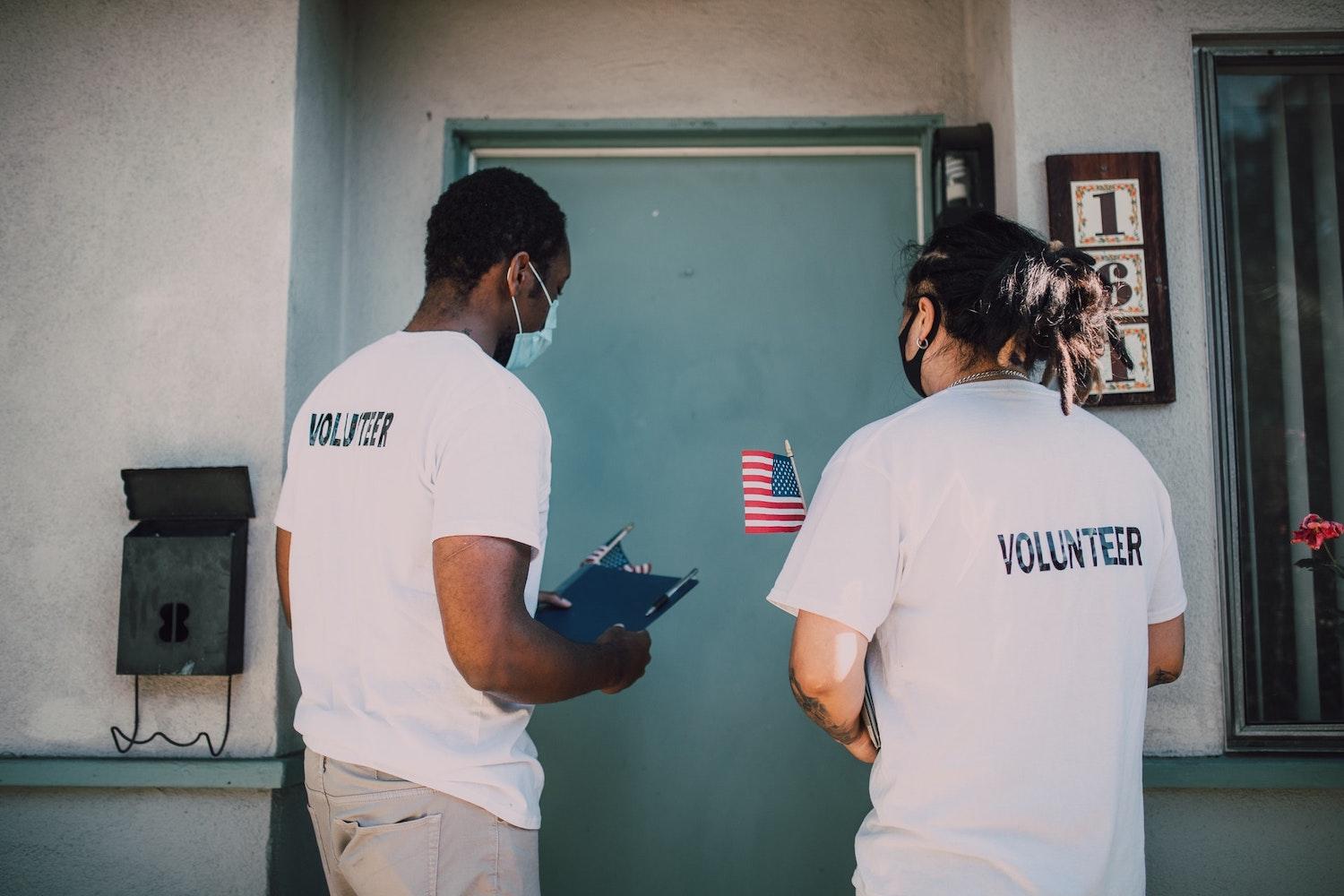
Few companies have avoided the drain on talent brought on by the oft-cited Great Resignation. Most corporate executives are scrambling to identify flexible working models that are attractive to current and prospective employees, while still aligning with bottom-line results. While the mobility of talent has forced companies to consider and implement flexible working environments that prioritize the remote model, this workplace flexibility has quickly become table stakes among the most competitive magnets for talent.
Just as ping-pong tables and beer carts were once differentiators for what became the mislabeled definition of “tech culture” five to 10 years ago, we’re now seeing companies lean on workplace flexibility as the defining characteristic of what makes their company special. And while this flexibility is certainly a strong benefit, it’s now expected and no longer enough to differentiate a company. Additionally, while a flexible working model appeals primarily to one’s sense of convenience and personal preference, it fails to fully capture what motivates the purpose-driven employee.
And so, as millions of square feet of office space designed to attract employees remain largely empty, how can mission-driven companies ensure they retain their culture, leverage in-person connections, and reinforce their collective purpose? The answer lies at the heart of attracting and retaining the purpose-driven employee, and it’s something that is needed now more than ever: volunteering and community engagement.
Ignite the connection between employees and their communities
A recent study found that nearly 70 percent of employees would refuse to work for a company that lacks a clear sense of purpose. A commitment to corporate social responsibility (CSR), for example, is a prime example of an organization’s underlying purpose. The personal connection between a company and an employee’s purpose and values is critical to maintaining employee engagement. Unfortunately, in the absence of in-person volunteering engagements amidst the pandemic, the personal connection between employees and the community diminished greatly. CSR programs largely have been reduced to writing checks and occasionally holding vaguely engaging volunteer events on Zoom.
Just as our in-person work muscles have atrophied over the past two years, so too has our ability and willingness to volunteer in person with charitable partners. A 2020 study by Fidelity Charitable found that two-thirds of regular volunteers decreased or stopped volunteering entirely amidst the pandemic.
Many in the workforce have attempted to restore normalcy in their lives. Their kids are back in school, and they’re going to the gym, restaurants and grocery stores. Reintroducing in-person community engagement is not only an important next step in re-engaging employees, but it’s also an increasingly realistic and valuable activity for them to safely partake in.
In place of mandatory in-office requirements, in-person volunteering presents a unique opportunity to bring employees together, restore a sense of collaboration and community, and further strengthen corporate culture. Despite the recent surge of omicron and the specter of future coronavirus variants, there is a broad need to restore work cultures and return to a version of normalcy wherever possible. Engaging with community partners who have suffered in a remote-first world is a critical piece of more creative in-person interactions, while driving meaningful engagement touchpoints between employees and their communities.
Volunteering brings benefits across the board
Make no mistake, volunteering may never look the same, but most nonprofits actually may be better for it. COVID-19 and our subsequent reluctance to gather in crowds may have thankfully ended the days of hundreds of T-shirt clad employees descending on a nonprofit for service days that too often end up leaving the nonprofit overwhelmed and underprepared. Instead, we’re seeing a shift in volunteering that focuses on small-scale and often one-on-one engagements. This intimate approach leads to more engaged employees, more meaningful results, and interpersonal relationships that rarely occur at those large-scale, single-day playground cleanups.
The benefits felt are not limited to the partner organizations. Volunteering gives companies an in-person touchpoint to bring their employees back together without the complexity and sensitivity that comes with mandating a return to the office. For employees not quite ready to head back to the office regularly, volunteering provides an opportunity for colleagues to connect in person, reconnect with their corporate mission, and engage with community partners who’ve largely been unable to organize in-person experiences up until now. At a recent volunteer event with three of my colleagues whom I’ve barely seen since early 2020, we spent the entire session chatting and catching up with one another while sorting winter boots for children. We left feeling like we made a small difference, but we also took a big step in rebuilding relationships that have been relegated to a computer screen for the past two years.
Volunteering is the ideal vehicle to solidify our commitment to the community, bring employees back together, and remind them of the central role that social impact and community resilience play in our values and our business model. Best of all, this effort, amidst a highly competitive talent landscape, will attract a new crop of engaged and purpose-driven employees.
Interested in having your voice heard on 3p? Contact us at editorial@3BLMedia.com and pitch your idea for a guest article to us.
Image credit: RODNAE Productions/Pexels

Reed Bundy oversees global social impact, sustainability and employee experience for Mimecast, a global cybersecurity company based in Lexington, Massachusetts. Reed has spent the majority of his career building and scaling ESG and stakeholder engagement strategies for Boston-area companies and their employees. Prior to working at Mimecast, Reed oversaw corporate citizenship and employee engagement at Constant Contact and Suffolk Construction. Reed lives in Belmont, Massachusetts, with his wife and two daughters.














